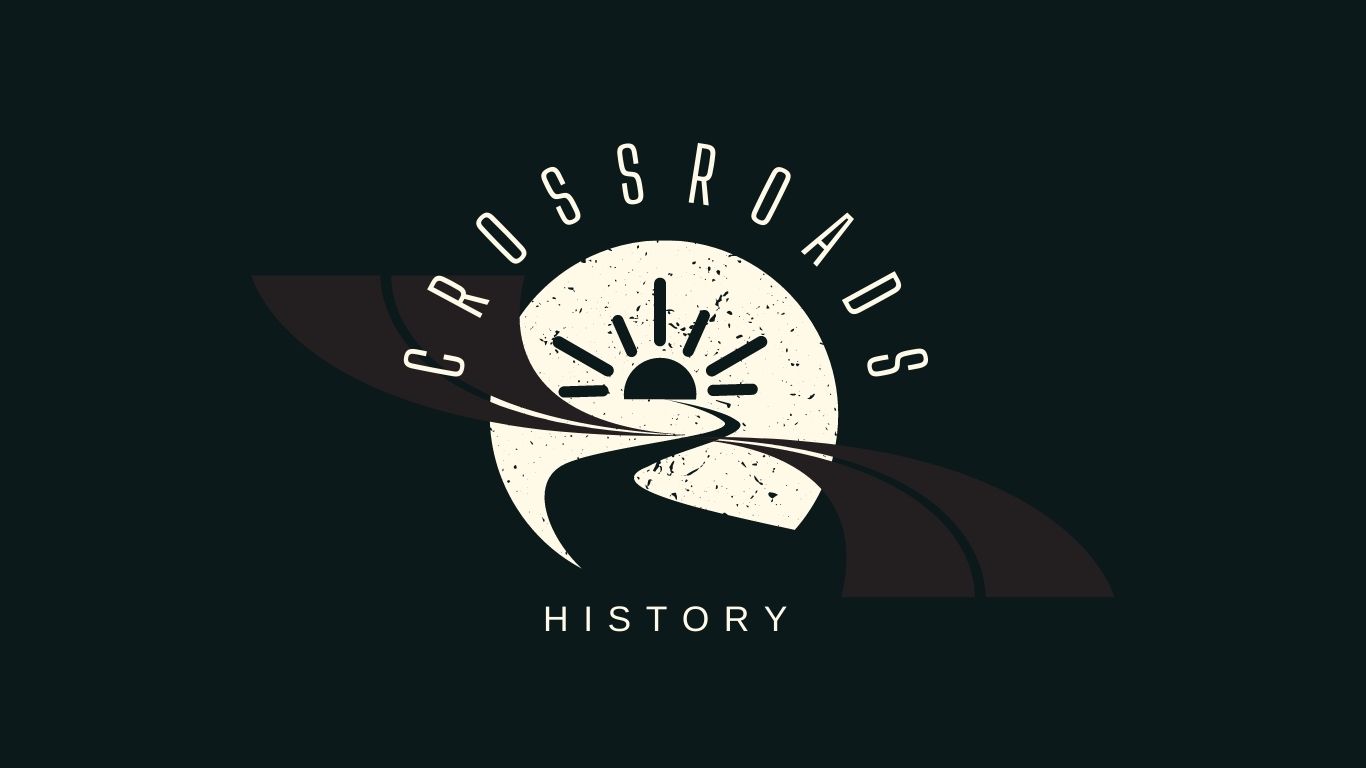The Horror of It
Photo Credit: Iñaki del Olmo
By Cale Gressman
*Note: This was originally posted on a blog that I had previously written for. This was one of my favorites to write so I decided to repost it here. Enjoy.
The scariest stories that I remember reading as a child were two short stories; the first by Ambrose Bierce, An Occurrence at Owl Creek Bridge, and the second by F. Scott Fitzgerald, The Curious Case of Benjamin Button. The former is set during the American Civil War and tells the short tale of Peyton Farquhar and his summary execution by Union soldiers and his prolonged vision of escape as it occurs. The latter is a curious case of a child named Benjamin Button who is born elderly and ages in reverse. Both are classic short stories that I highly recommend. However, as I read them, they give off a distinct air of horror.
G.K Chesterton argued that what made fairy tales so immortal is that they tell the tale of an ordinary child ending up in an extraordinary world. Modern “psychological novels” he argues are not nearly so long-lasting as they attempt to put an extraordinary person in an ordinary world. However, if I may be so bold, I would argue that these two stories, while in opposition to Chesterton’s formulation, provide for their reader’s certain immortal themes; horrifying ones at that.
An Occurrence at Owl Creek Bridge is the story of Peyton Farquhar’s death. He is a plantation-owning Confederate who is convinced by a disguised Union soldier to go spy on and report Union activity at a bridge at Owl Creek. He accepts and attempts to do just this but is summarily caught and has a noose tied around his neck. Without much ado, he is shoved off the side of the bridge… but the rope snaps and he falls into the water below. He manages to evade Union rifle fire and makes his way back home. Emerging from the forest onto his property, he sees his beautiful wife and child. He runs to them and as he reaches their open arms the rope tightens and his neck snaps.
The Curious Case of Benjamin Button is a tragic comedy. Benjamin Button is born as a roughly 80-year-old man. His father is for quite obvious reasons horrified by this and in a hilarious level of cognitive dissonance treats his son as if he were a regular child. This produces a few awkward years but inevitably old Benjamin begins to prosper. He marries a woman fond of older men and establishes a thriving business. However, as all this goes on he continues to de-age.
Everyone soon grows cross with him over this apparent moral failing. However, this for a long time is a great deal for our main character. Every day he grows younger, stronger, and more vibrant. Soon, however, he de-ages past this prime and he enters his childhood. Every day he grows smaller, weaker, and taken less seriously. He is shut away by his son too busy and tired to deal with his infantile father. Eventually, the only one to remain by his side is a faithful nanny who becomes his only source of comfort. Finally, he de-ages too far and disappears.
These stories bothered me when I first read them. For a while, I did not fully know why. Thinking on it now, I believe it’s because the extraordinary was denied the ordinary. They defy the common course of life. All life is a tragedy. The Buddhists and Hindus refer to this as samsara, the cycle of death and rebirth. The individual is forced to live out the suffering of life, again and again, cycle after cycle until he or she has achieved nirvana or release from the cycle. Life is not all suffering, of course, it would be unbearable if it were, however, life is a tragedy because it has an inevitable and entirely forceable end. This tragedy is accentuated with stories as previously mentioned.
In the former, it’s the horror of hope snuffed out like a light or in this case a tightening rope. Peyton Farquhar would never again hold his wife, nor see his child grow to adulthood. The vision of him ALMOST reaching them is as tragic as it is cruel. It’s the horror of what could have been. It reminds me distinctly of the song The Green Fields of France.
The latter, it’s the horror of foreshadowing. We know that Benjamin Button will die. This is partly because we will all die, but we do not know when. For Benjamin, we can guesstimate. As I see Benjamin de-age, I want to weep for him. Those around him age, but he goes the opposite way. It becomes heart-rending as he enters his childhood and he is shut away by his child (an uncomfortable commentary on how we treat our own parents.) He grows younger, not understanding why he is being abandoned. It seems wrong because it is wrong. Perhaps it is a cop-out to say that is not what nature and nature’s God intended, but it is true.
Perhaps that’s what it ultimately is, it’s the “Man Out of Time.” The immortal. The child never born. We as humans, look at the world and see the potential in it. When that potential is snuffed out prematurely or from the very start, it’s distressing, to say the least. We want life to have a few curves. How else would we prove ourselves? But on the flip side, it is natural for us to look on in horror at the extraordinary destroying the ordinary.


Comments
Post a Comment